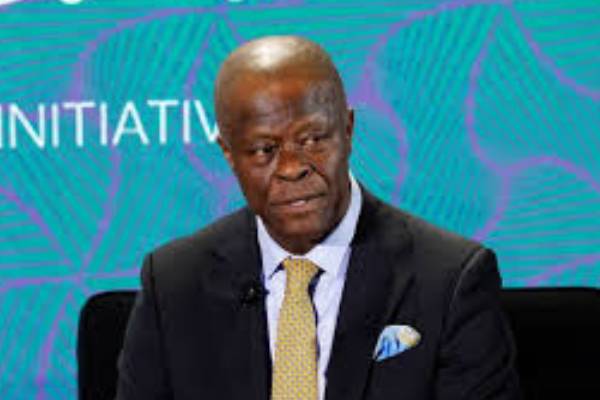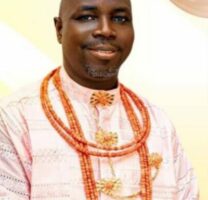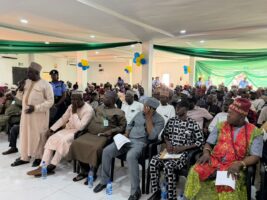Nigeria’s Minister of Finance and Coordinating Minister of the Economy, Wale Edun, has disclosed that the country’s debt-to-Gross Domestic Product (GDP) ratio now stands at 38.8 per cent, well below the global benchmark of about 60 per cent.
Speaking at the 11th Annual Conference and General Assembly of the West Africa Association of Public Accounts Committees (WAAPAC) in Abuja, Edun said Nigeria’s total public debt reached ₦149.39 trillion (about $97 billion) by the end of the first quarter of 2025, with domestic borrowings accounting for 53 per cent and external debt 47 per cent.
He noted that government revenue grew by 34.7 per cent in the first half of 2025 compared with the same period last year, expanding fiscal space for investments in priority sectors.
Edun said reforms under President Bola Tinubu’s administration — including fuel subsidy removal, exchange rate liberalisation, and a comprehensive tax overhaul — were yielding results, improving debt sustainability, stabilising the naira, reducing debt service costs, and boosting investor confidence.
“Nigeria is turning the corner. The reforms are delivering measurable impact in terms of investor confidence, reduced spending on fuel imports, greater energy self-sufficiency, and value addition in our economy,” Edun said.
He stressed that future borrowing would be tied to viable projects, while transparency, debt accountability, and prudent budgeting remain central to government policy.
He urged lawmakers to strengthen parliamentary oversight, which he described as vital to fiscal discipline.
Senate President Godswill Akpabio, represented by Senator Osita Izunaso, warned that unchecked debt could “mortgage the future of citizens” and undermine democracy, while Speaker of the House of Representatives, Abbas Tajudeen, represented by House Leader Prof Julius Ihonvbere, called for responsible borrowing practices to ensure public debt translates into real value for Nigerians.
Abbas also urged African governments to rethink their dependence on external finance, highlighting that Western private lenders, not China, now hold the largest share of Africa’s debt.
Chairman of the House Public Accounts Committee, Bamidele Salam, revealed that the committee recovered over ₦200 billion in the last year and had completed several reports adopted by the House. He also confirmed the passage of the long-awaited Audit Bill, now before the Senate.
Delegates from 14 West African countries, as well as representatives from South Africa, attended the week-long conference themed “Strengthening Parliamentary Oversight of Public Debt.”
WAAPAC President, Issouf Traore, praised President Tinubu’s reforms, urging African nations to work together to strengthen accountability and fiscal sustainability.





